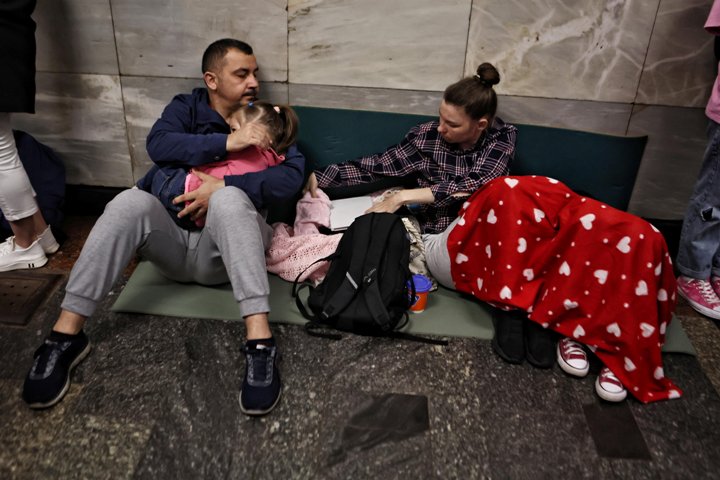At least 2,406 children have been killed or injured since the escalation of the war in Ukraine nearly 1,000 days ago, according to verified reports. The toll includes 659 children killed and 1,747 injured, equating to at least 16 child casualties each week. Millions of children remain deeply affected by ongoing violence, displacement, and severe shortages of essential resources.
Humanitarian Catastrophe Unfolding
The crisis claimed further young lives just last week when a strike destroyed a residential building in Kryvyi Rih, killing a mother and her three children, including a two-month-old baby. For children in eastern Ukraine's Donbas region, this marks over a decade of conflict, exacerbated by the current war.
“Children have been killed in their beds, hospitals, and playgrounds, devastating families and communities,” said UNICEF Executive Director Catherine Russell. “The toll on children is staggering and unacceptable.”
Relentless Disruption to Daily Life
Children are facing mounting hardships:
Disrupted essential services: Attacks on infrastructure have destroyed nine gigawatts of electricity generation since March 2024, leaving millions without heating or power during freezing winter conditions.
Sheltering from fear: Many children spend up to six hours daily in basements under air raid sirens, contributing to long-term psychological trauma.
Health and sanitation crises: Over 1.7 million children lack access to safe water, and 3.4 million are without centralized sanitation, increasing risks of waterborne diseases.
Educational and healthcare infrastructure has also been severely impacted, with over 1,496 schools and 662 health facilities damaged or destroyed.
Displacement and Refugee Crisis
Ongoing violence has forced over 170,000 people to flee their homes since August 2024, adding to the nearly 3.6 million internally displaced and 6.75 million refugees outside Ukraine. Most refugees are women and children, with families facing significant challenges in securing shelter, warmth, and healthcare.
UNICEF’s Lifeline Amid Funding Challenges
Despite dire circumstances, UNICEF and its partners are providing critical support, including emergency healthcare, psychosocial services, education, and essential supplies. However, their 2024 humanitarian appeal of $633.6 million remains 30% underfunded, hindering efforts to meet growing needs.
“Schools, hospitals, and civilian infrastructure are lifelines for children’s recovery and resilience,” Russell emphasized. “We must protect Ukraine’s children from the horrors of war and ensure their survival and future.”
Call to Action
UNICEF is urging global leaders to:
Uphold international humanitarian law to protect children and essential infrastructure.
Cease the use of explosive weapons in populated areas.
Prioritize the end of all grave violations against children.
The organization remains committed to life-saving humanitarian work while laying foundations for long-term recovery.
Key Developments and Initiatives
UNICEF has distributed winterization kits to families in need, including thermal clothing, blankets, and heaters.
Over 500,000 children have received psychosocial support to address war-related trauma.
Mobile healthcare units continue to operate in conflict-affected regions, providing essential medical care.
Global solidarity and sustained funding are critical to protecting Ukraine’s children and rebuilding hope for future generations. "The world cannot remain silent while they suffer,” Russell concluded.











